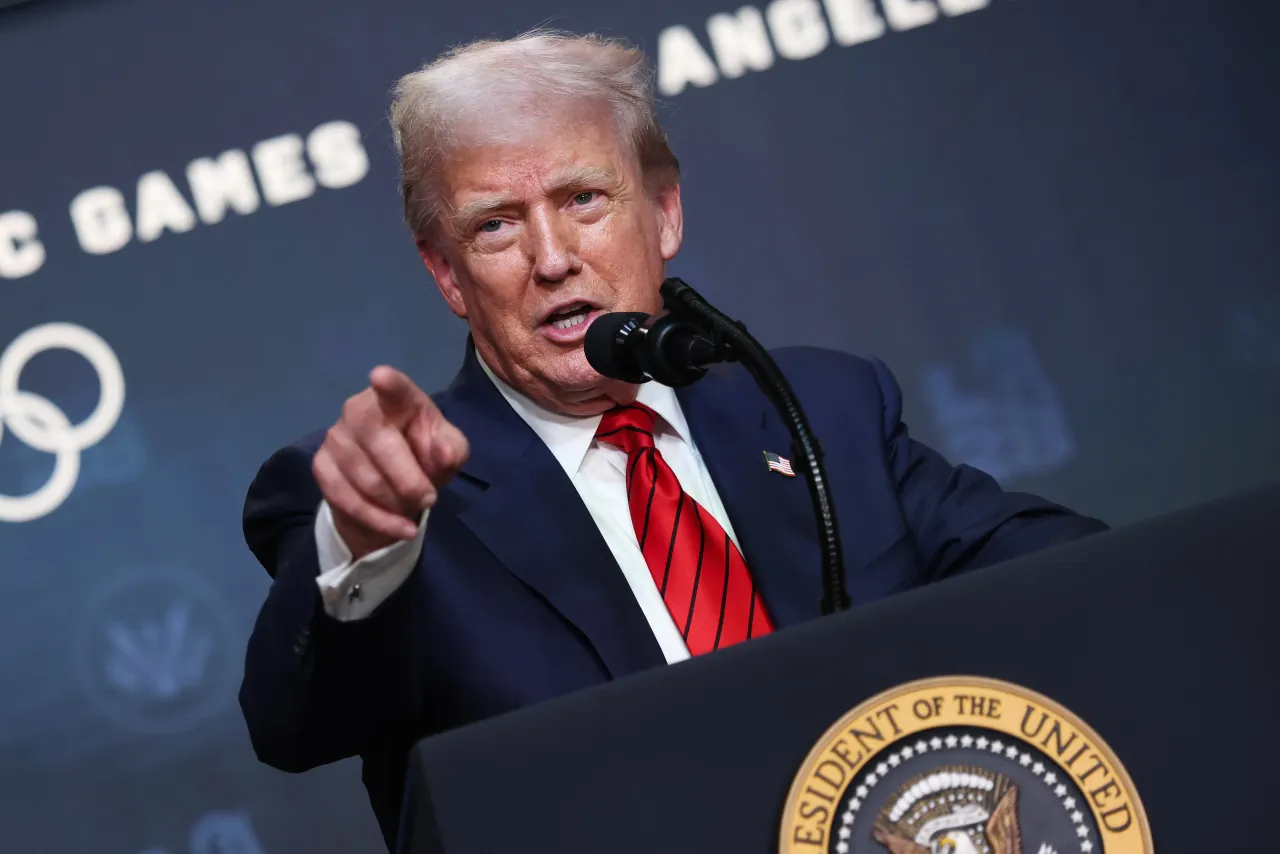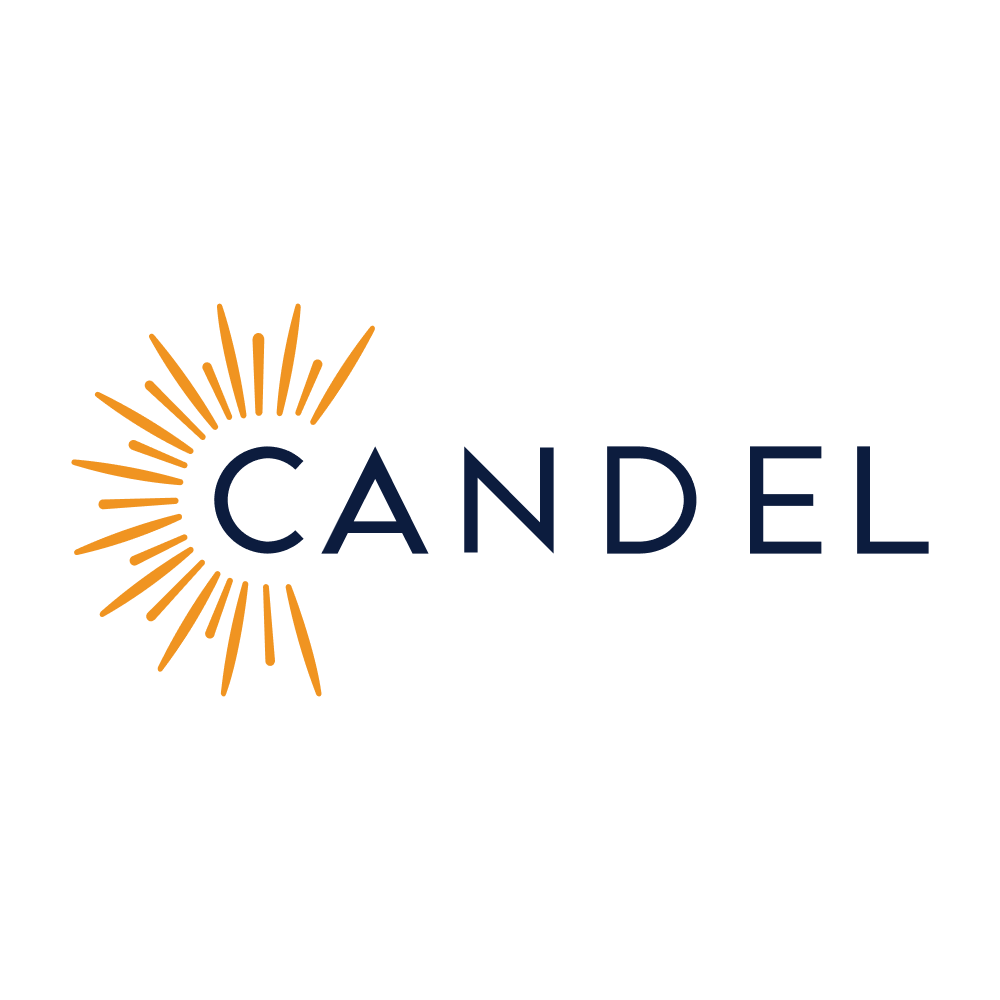Advertisement|Remove ads.
Goldman Sachs Economist Sticks To Tariff Warning After Trump’s Criticism

Goldman Sachs (GS) economist David Mericle reportedly said on Tuesday that the bank maintains its view that the full impact of the Trump administration’s tariffs has yet to materialize and will likely weigh on consumer spending.
“We stand by the results of this study,” he said in an interview with CNBC. “If the most recent tariffs, like the April tariff, follow the same pattern that we’ve seen with those earliest February tariffs, then eventually, by the fall, we estimate that consumers would bear about two-thirds of the cost.”
Goldman’s stock edged 0.3% higher in midday trade, with retail sentiment on Stocktwits in the ‘bullish’ zone over the past day. Mericle’s comments come after President Donald Trump slammed Goldman Sachs CEO David Solomon on Tuesday in a Truth Social post, saying he should “focus on being a DJ” rather than running the bank.
The President accused Solomon and Goldman of wrongly predicting that tariffs would hurt the U.S. economy and markets after a research note from the bank’s economists warned that the inflationary impact of tariffs was only beginning to show. They estimated U.S. consumers had absorbed about 22% of tariff costs through June, a figure that could rise to 67% if the latest levies follow past patterns.
Trump said his tariff policy has instead boosted the stock market, national wealth, and Treasury revenues without causing inflation. He argued that foreign governments and companies, not U.S. consumers, bear most of the tariff costs.
“If you are a company producing in the U.S. that is now protected from foreign competition, you can raise your prices and benefit,” Mericle said. “So those are our estimates, and I think actually, they’re quite consistent with what many other economists have found.”
The U.S. equity markets were mixed during midday trade after the S&P 500 and Nasdaq hit fresh record highs after the opening bell. The SPDR S&P 500 ETF (SPY) was up 0.15%, while Invesco QQQ Trust (QQQ) edged 0.01% lower. Retail sentiment around the S&P 500 ETF and QQQ on Stocktwits was in the ‘neutral’ territory.
Read also: BMNR Chair Tom Lee Says $7,500 Ethereum Price Prediction At The ‘Low End,’ Eyes Bigger Gains
For updates and corrections, email newsroom[at]stocktwits[dot]com.












/filters:format(webp)https://news.stocktwits-cdn.com/large_ardelyx_jpg_488a3f8312.webp)
/filters:format(webp)https://st-everywhere-cms-prod.s3.us-east-1.amazonaws.com/unnamed_jpg_9dff551b50.webp)
/filters:format(webp)https://news.stocktwits-cdn.com/large_Getty_Images_2252194207_jpg_9605cd50d5.webp)
/filters:format(webp)https://news.stocktwits-cdn.com/large_Getty_Images_2247687123_1_jpg_5a8fc404b7.webp)
/filters:format(webp)https://news.stocktwits-cdn.com/Aashika_Suresh_Profile_Picture_jpg_2acd6f446c.webp)
/filters:format(webp)https://news.stocktwits-cdn.com/large_opendoor_OG_jpg_55300f4def.webp)
/filters:format(webp)https://news.stocktwits-cdn.com/Getty_Images_2243334218_jpg_b1b7c1b222.webp)
/filters:format(webp)https://news.stocktwits-cdn.com/Johnson_and_Johnson_jpg_bc42927ca0.webp)